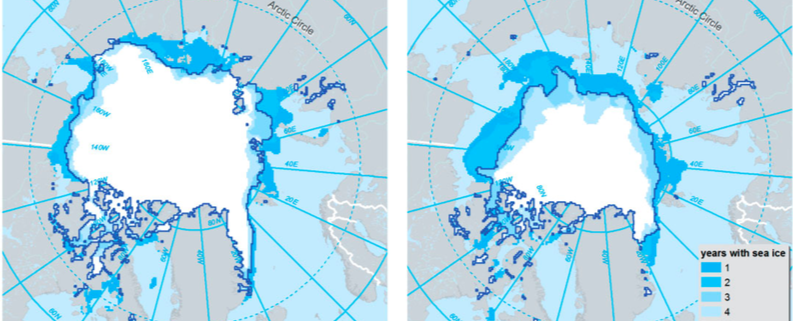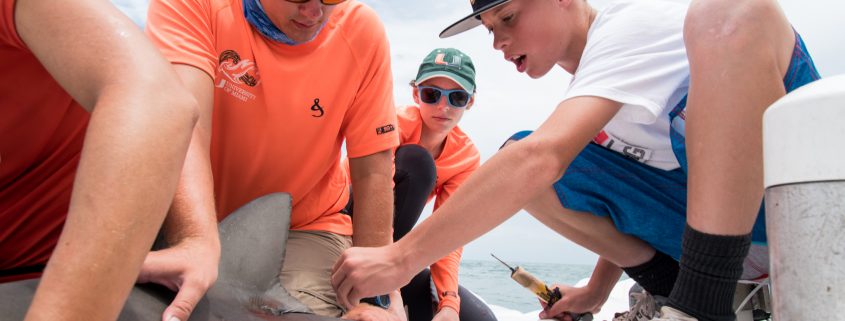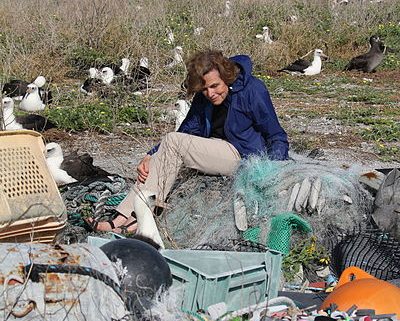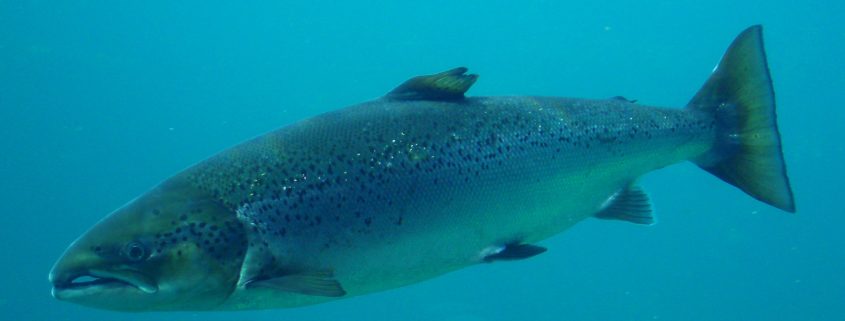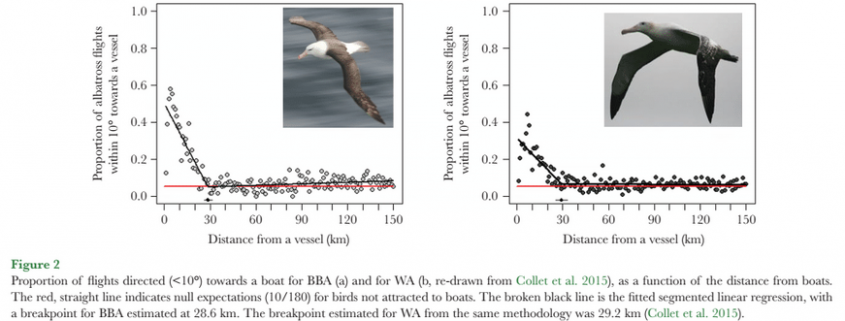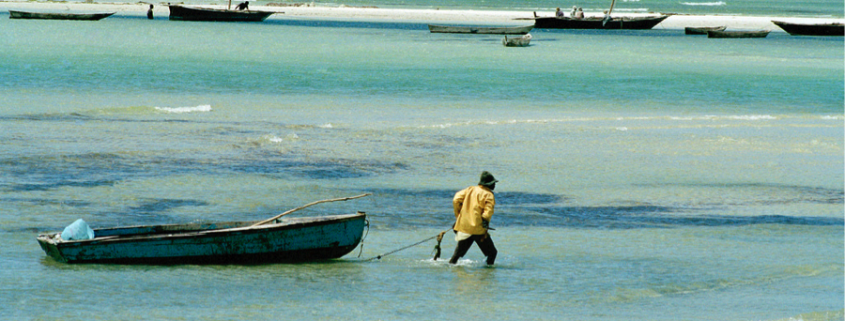The need for MPAs in the Antarctic
By Haley Kilgour, SRC Intern With global climate change in effect the Arctic ice sheet has been losing area and has gone from 7.5 million km^2 in 1979 to 4 million km^2 in 2016 (Figure 1). The loss of ice coverage is detrimental to many species, but on the other hand opens up areas to […]
2017 SRC Highlights
SRC had a productive 2017. Here are some of the highlights we are proud to share with you. We published 17 research papers in scientific journals, more than any other year for SRC. These papers ranged in scientific topics from evaluating levels of mercury toxicity in sharks to understanding the physiological capture stress responses of […]
Does marine debris affect tourist perception and tourism revenue?
By Casey Dresbach, SRC Intern The top worldwide providers of ecosystem services of both leisure and recreation include coastal areas such as beaches and estuaries (Millennium Ecosystem Assessment, 2005). These natural environments are home to hundreds of thousands of marine organisms, all of which require clean domains to flourish, thrive, and grow in. Unfortunately, human […]
Investigating Atlantic Salmon Dive Behavior in the Norwegian and Barents Seas
By Grant Voirol, SRC Intern Atlantic salmon, Salmo salar, are both an economically and ecologically important organism. An anadromous fish, Atlantic salmon spend most of their lives at sea before swimming into freshwater rivers to spawn. While at sea, Atlantic salmon periodically migrate to depths deeper than 10 meters. One proposed model of their diving […]
A comparative analysis of the behavioral response to fishing boats in two albatross species
By Andriana Fragola, SRC Intern This paper examines the behavior of the Wandering Albatross (WA) and Black-Browed Albatross (BBA), and how they are affected by the toothfish longline fleet in Kerguelen and Crozet (Collet et al. 2017). To do this, lightweight GPS loggers were attached to adult albatrosses of both species to track their movements. […]
Local taboos could help conserve marine fisheries in Tanzania
By Jess Daly, SRC Intern In developing nations it is often difficult to effectively enforce marine conservation laws because of a lack of staff and funding. With so little government intervention, it may be unclear to what extent the rules are being followed. A 2017 study by Shalli et al. examined how alternative methods of […]

